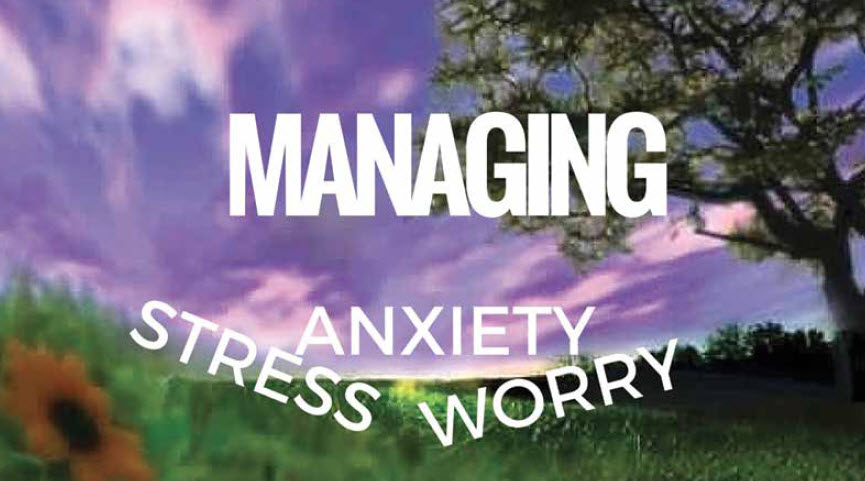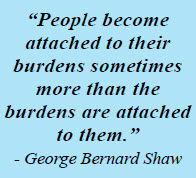Understanding Worry, Stress, And Anxiety
 By: Lisa Philippart
By: Lisa Philippart
The words worry, stress, and anxiety are often used interchangeably. And while these terms are definitely related, those of us in the mental health field define them differently. In fact, the symptoms of worry, stress, and anxiety show up in different areas of the brain. Worry tends to be short-lived and related to a particular situation. Stress is a physical, mental, or emotional factor that causes bodily or mental tension. Anxiety is a constant feeling of unease. Let’s take a look at each of these “conditions” separately to discover how one or all three may be affecting your daily life, preventing you from being a better version of you!
Worry refers to negative thoughts and feelings that cycle in a repetitive and uncontrollable manner. Worrying is actually an essential, normal, and instinctive reaction to help us survive. We tend to worry about something because we perceive it as a threat, which causes us to focus on that danger and then shield ourselves. Unfortunately, worry can morph from a healthy, practical concern and vigilance, to a preoccupation with “perceived” threats. Interestingly, worrying can make us miserable but has also ensured our survival. Unhealthy worry can often arise from emotional childhood baggage related to our beliefs that we can’t protect ourselves and others. These include insecurity, perfectionism, need for control, social comparison, and pessimism.

In general, stress is a response to an external cause, like meeting a deadline at work or having an argument with a friend. The stress response subsides once the situation has resolved. Stress changes the brain’s chemistry to make your heart pump faster or your palms sweaty to prepare to act. Thus, not all stress is bad and can actually have a positive effect. For example, it can “encourage” a child to study for a test. Since stress is activated by external factors, addressing the issues of chronic stress head-on can help. Coping skills can include physical activity, breathing exercises, eating and sleeping properly, and taking time to connect with others. Chronic stress can be the precursor to anxiety if not addressed.

Anxiety can be defined as awareness working against you. (I love this definition because I can so relate!) It is an intense awareness of what could go wrong or what is going wrong. Anxiety is almost never founded in truth or reality; it’s a fear that sinks into you as you become aware of all the negative possibilities of what is often beyond your control. Anxiety can literally cloud your mind to believe that everything that could go wrong, will. Unfortunately, those who struggle with anxiety realize that it doesn’t fade once a threat is eliminated. Anxiety hangs around for the long haul. I believe that anxiety is your reaction to worry and stress, so it starts internally. Many people describe anxiety as a “persistent feeling of apprehension or dread in situations that are not actually threatening.” Consequently, the feeling of anxiety persists even after the concern has passed. And in severe cases, anxiety can escalate into an anxiety disorder. These disorders include: generalized anxiety, panic disorder, phobias, social anxiety, obsessive-compulsive disorder, and post-traumatic stress disorder (PTSD.)
So, you can see that worry, stress, and anxiety represent levels of our responses to threats, either perceived or “real.” How can you reduce your symptoms on any and all of these levels? I’m saving that for next time….
By: Lisa Philippart
Licensed Professional Counselor